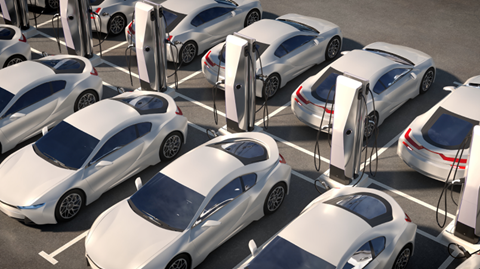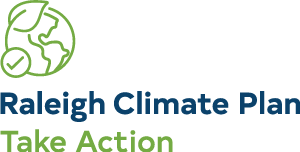Jump To:
EV Charging Stations
As electric vehicle adoption continues to grow across Raleigh, so does the need for adequate charging infrastructure. The City of Raleigh is incorporating public charging at several community centers throughout Raleigh. Although the city will not become the main provider of EV infrastructure throughout Raleigh, we continue to create opportunities to support public adoption of EV infrastructure in Raleigh and the region.
In support of public EV charging expansion, the city co-authored the EV Ready Playbook in partnership with Advanced Energy. This “playbook” provides best practices to residents, developers, and businesses for EV infrastructure, including guidance on codes and permitting, installation procedures, and hardware and software considerations. The Playbook is designed to be adopted by other local governments across NC, establishing consistent infrastructure standards and furthering growth of the entire EV market. The Playbook is also one of many resources within the Sustainable Business Toolkit, a collection of resources and support programs to assist Raleigh businesses, non-profits, individuals and organizations to take climate action.
The City of Raleigh requires a permit for this installation, and you can find more information from Planning & Development here.
You can view the locations of the City’s public EV charging stations and other public EV charging stations around Raleigh here.
Is one of the city’s public EV charging stations not working? Report it with SeeClickFix.
In addition to charging stations in their own city, Raleigh residents will also need reliable charging options when they leave the area. Fortunately, EV charging is growing throughout the state – though there is still much room for growth.
The State of North Carolina is building EV infrastructure using federal funding. The below map from North Carolina Sustainable Energy Association shows EV charging locations throughout the state.


